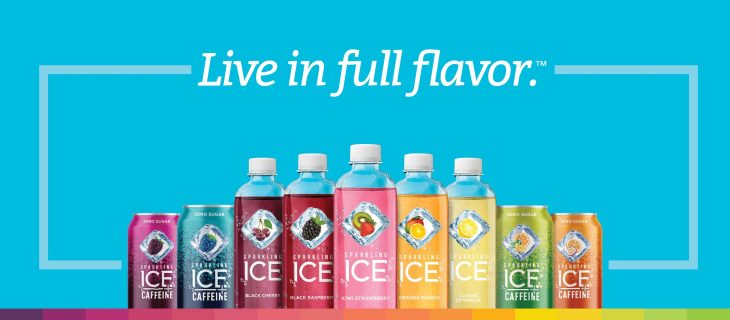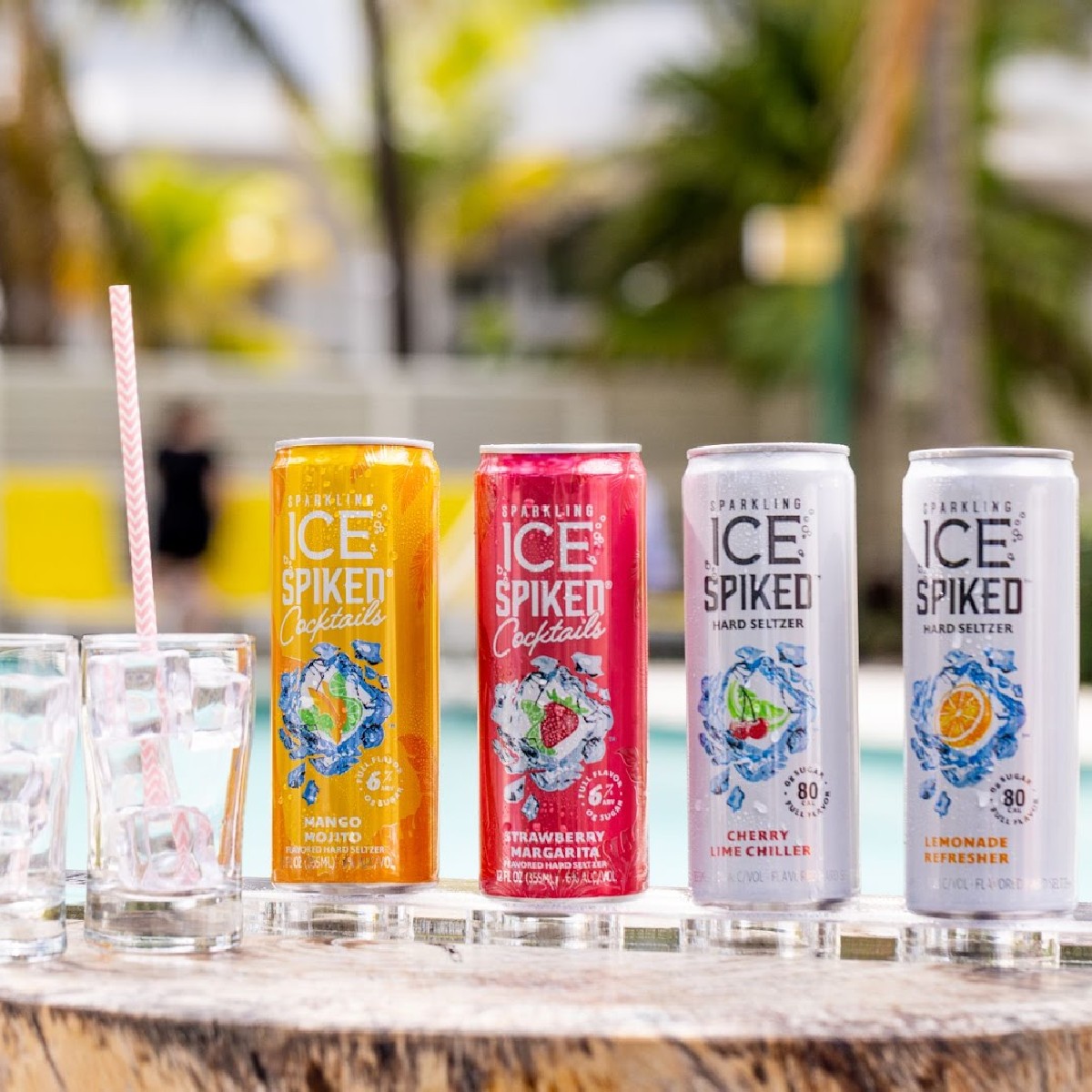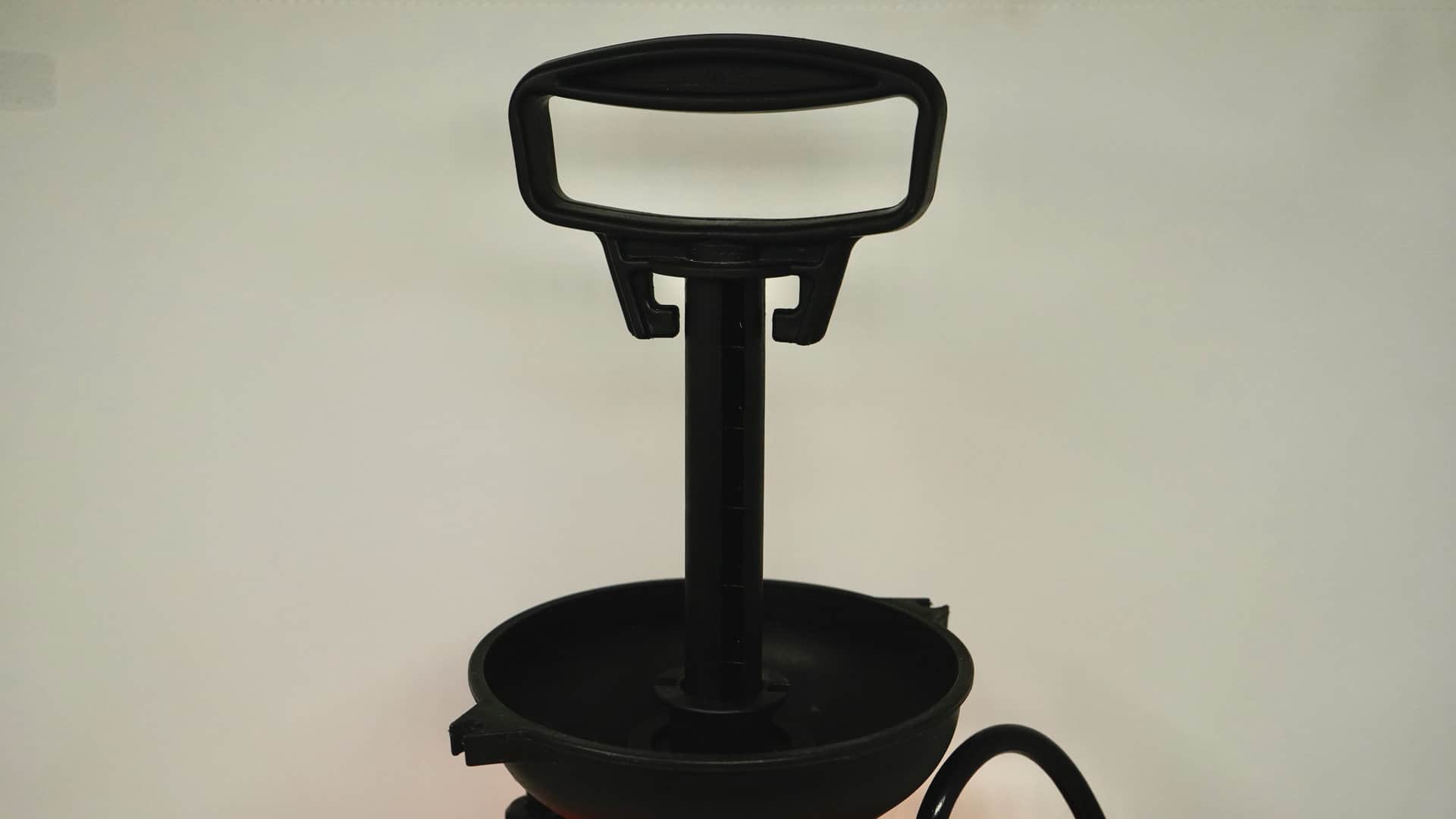
Sparkling Ice has gained immense popularity as a go-to beverage for those seeking a refreshing and flavorful alternative to traditional sodas. With its fizzy bubbles and enticing flavors, Sparkling Ice has become a favorite choice for many. But beyond its delightful taste, it’s important to understand the nutritional value of this beverage. In this article, we will delve into 15 key nutrition facts about Sparkling Ice, providing you with a comprehensive overview of what this beverage has to offer. So, let’s dive in and explore the refreshing world of Sparkling Ice!
Low in Calories
Sparkling Ice is a great option for those looking to enjoy a fizzy drink without consuming excessive calories. Most Sparkling Ice varieties contain only 5 calories per serving, making it a guilt-free choice for those watching their calorie intake.
Zero Sugar
For individuals who want to reduce their sugar intake, Sparkling Ice offers a fantastic alternative. It is free from added sugars, providing a satisfying sweetness without guilt. Sparkling Ice achieves this by using sucralose, a zero-calorie sweetener.
Bursting with Vitamins and Antioxidants
Sparkling Ice is not just a refreshing beverage; it also packs a nutritional punch. Each serving of Sparkling Ice contains essential vitamins, including vitamin D, vitamin B12, and vitamin B6, which are important for supporting overall health and well-being. Additionally, Sparkling Ice is enriched with antioxidants, such as green tea extract, which can help protect the body against harmful free radicals.
No Artificial Colors
When it comes to vibrant flavors, Sparkling Ice relies on natural ingredients. It is free from artificial colors, ensuring that you can enjoy its delightful hues without any unnecessary additives.
Caffeine-Free
Sparkling Ice is a caffeine-free beverage, making it a suitable choice for those looking to avoid or limit their caffeine intake. This makes it a great option for enjoying throughout the day without the worry of disrupting your sleep or causing jitters.

Low Sodium Content
For individuals who need to watch their sodium intake, Sparkling Ice offers a low-sodium option. Most varieties of Sparkling Ice contain minimal sodium, making it a favorable choice for those following a low-sodium diet.
Variety of Delicious Flavors
Sparkling Ice offers a wide range of flavors to suit every palate. From classic fruit flavors like strawberry, black cherry, and orange mango to more unique blends like kiwi strawberry and peach nectarine, there is a Sparkling Ice flavor for everyone to enjoy.
Suitable for Hydration
Staying hydrated is important for overall health, and Sparkling Ice can contribute to your daily fluid intake. While it shouldn’t replace plain water, enjoying Sparkling Ice as part of a balanced hydration routine can add a refreshing twist to your daily water consumption.
Convenient On-the-Go Option
With its portable bottles and cans, Sparkling Ice is a convenient beverage to take with you wherever you go. Whether you’re heading to the office, hitting the gym, or enjoying outdoor activities, Sparkling Ice can be your refreshing companion.
Versatile Ingredient
Sparkling Ice can be more than just a standalone beverage. Its delightful flavors and fizzy nature make it a versatile ingredient that can be used in various recipes. From mocktails and cocktails to flavored ice cubes and fruit-infused popsicles, the possibilities are endless when it comes to incorporating Sparkling Ice into your culinary creations.
Gluten-Free
If you follow a gluten-free diet or have gluten sensitivities, you can enjoy Sparkling Ice without worry. It is a gluten-free beverage, making it a safe choice for individuals with celiac disease or gluten intolerance.
Fun and Festive
With its fizzy bubbles and vibrant flavors, Sparkling Ice adds a fun and festive touch to any occasion. Whether you’re celebrating a special event or simply want to elevate your everyday moments, Sparkling Ice can bring a sparkling twist to your drinks.
Suitable for All Ages
Sparkling Ice is a beverage that can be enjoyed by individuals of all ages. Whether you’re a child, teenager, adult, or senior, Sparkling Ice offers a refreshing option that can be tailored to your preferences.

Suitable for Weight Management
Sparkling Ice can be a valuable addition to a weight management plan. With its low-calorie content and zero sugar, it provides a satisfying beverage option without adding excessive calories or contributing to sugar cravings.
No Artificial Preservatives
When it comes to preserving the flavors and quality of Sparkling Ice, no artificial preservatives are used. This ensures that you can enjoy Sparkling Ice in its natural and fresh state.
Final Thoughts
Sparkling Ice is not just your average fizzy beverage. It offers a refreshing and flavorful experience while providing key nutritional benefits. With its low-calorie and zero-sugar content, an abundance of vitamins and antioxidants, and variety of delicious flavors, Sparkling Ice is a go-to choice for those seeking a healthier alternative to traditional sodas. Whether you enjoy it on its own, as a mixer, or as an ingredient in creative recipes, Sparkling Ice adds a spark of delight to any moment. So, go ahead, indulge in the effervescence of Sparkling Ice, and savor its refreshing goodness!
Frequently Asked Questions (FAQs)
Is Sparkling Ice a healthy beverage option?
Yes, Sparkling Ice can be considered a healthier beverage option compared to traditional sodas. It is low in calories, sugar-free, and enriched with vitamins and antioxidants.
Can Sparkling Ice be consumed by individuals with dietary restrictions?
Sparkling Ice is gluten-free, making it suitable for individuals with celiac disease or gluten intolerance. However, it is always recommended to check the specific ingredients and consult with a healthcare professional if you have any specific dietary concerns.
Does Sparkling Ice contain caffeine?
No, Sparkling Ice is a caffeine-free beverage. It can be enjoyed at any time of the day without the worry of caffeine-related effects.
Can Sparkling Ice help with weight management?
Sparkling Ice can be a beneficial addition to a weight management plan due to its low-calorie content and zero sugar. However, it’s important to consider the overall balance of your diet and lifestyle when aiming for weight management goals.
Can Sparkling Ice be used as a mixer in cocktails?
Yes, Sparkling Ice can be used as a flavorful mixer in cocktails. Its wide range of flavors can add a refreshing twist to your favorite alcoholic or non-alcoholic beverages.
Was this page helpful?
Our commitment to delivering trustworthy and engaging content is at the heart of what we do. Each fact on our site is contributed by real users like you, bringing a wealth of diverse insights and information. To ensure the highest standards of accuracy and reliability, our dedicated editors meticulously review each submission. This process guarantees that the facts we share are not only fascinating but also credible. Trust in our commitment to quality and authenticity as you explore and learn with us.


